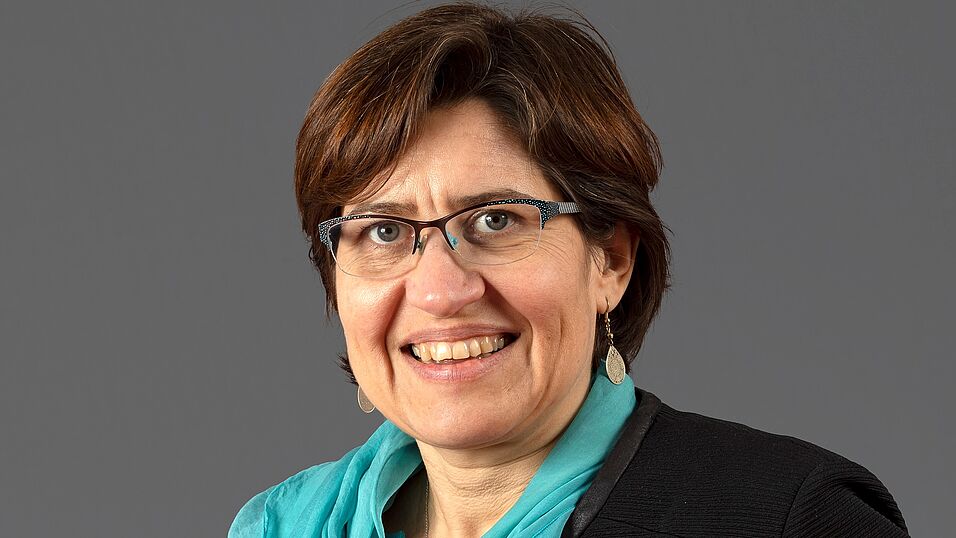In her keynote speech of 6 September, Valérie Masson-Delmotte provided insights into the Sixth Assessment Report of the Intergovernmental Panel on Climate Change (IPCC), the United Nations body that assesses the science relating to climate change.
She began by emphasising that human influence on climate change is unequivocal before adding that actions to tackle it are increasing: some countries have achieved a steady decrease in emissions and zero emission targets have been adopted by at least 826 cities and 103 regions.
Masson-Delmotte said that the IPCC Report shows that costs for renewables and batteries have fallen and capacities have increased. Despite these advances, over recent decades, global greenhouse gas emissions have reached the highest levels in human history. She emphasised the clear issue of inequity in this regard, as only 10% of wealthiest households are responsible for around 40% of global emissions, whereas the poorest households are responsible for less than 15% of emissions.
Masson-Delmotte continued by showing the rapid, widespread and intensifying changes in every Earth sphere, including: CO2 concentration, precipitation, glacier mass loss, global surface temperature, global sea level and ocean heat content. She stressed that it is indisputable that human activities are causing climate change and that extreme events happen and will continue happening more frequently and with more intensity: hot extreme, heavy rains, agricultural droughts. Despite efforts to adapt, risks due to extreme events are complex and difficult to manage. In Europe, progressive adaptation is not sufficient to limit the increase of risk as every increment of further warming intensifies ecosystem degradation and the risk of loss of biodiversity.
Masson-Delmotte said that warming is reaching +1.1°C and that this is unprecedented looking back more than 2000 years. She repeated that the observed warming is due to human activities and emphasised that unless there are immediate and significant greenhouse gas emission reductions in all sectors, limiting warming close to +1.5°C and well below +2°C will be beyond reach. Future warming will depend on future emissions and if we follow the trend, we will reach a global warming level of +1.5°C in the next 20 years and +2°C by 2050.
Masson-Delmotte continued by noting that climate change is already affecting every region on Earth in multiple ways and repeated that the changes we experience will increase with further warming. She then added that to limit global warming, strong, rapid, and sustained reductions in CO2 and other greenhouse gases and achieving at least net zero CO2 emissions is required. There are options available now in every sector that can at least halve emissions by 2030: energy, land use, industry, urban, buildings, transport. The next few years will be critical and mitigation options should be put in place, including strategies to support low carbon lifestyles.
The keynote speaker concluded by underlining that the intensity of climate and related risks we will experience in the future will depend on our action today.
The keynote speech was followed by a stimulating Q&A session.
ELI is grateful to Valérie Masson-Delmotte for her insightful keynote.

